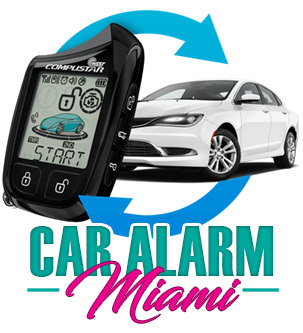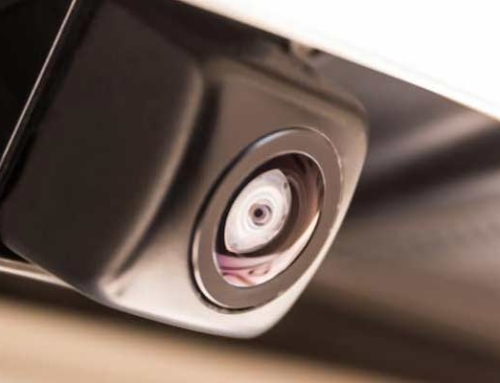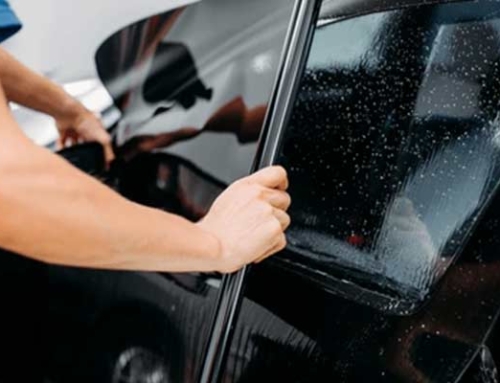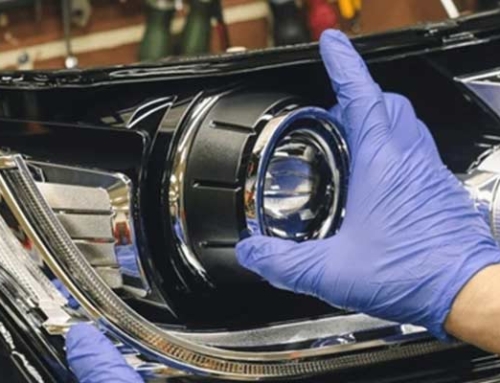
Convenience is highly valued in today’s busy world, especially automotive technology. Remote starters are at the forefront of this convenience, allowing you to start your car afar, ensuring a warm cabin during cold winters or a cool interior on hot summer days. However, this convenience comes with a cost. So, how much does it typically cost to have a remote start installed? Let’s explore to find out.
What are Remote Starters?
Remote starters are devices installed in vehicles that let users start the engine from a distance using a key fob or smartphone app, providing convenience by pre-conditioning the car’s interior temperature. Before discussing costs, let’s understand what a remote starter is about. A remote start system usually has a few main parts: a remote transmitter, a receiver module, and different wiring connections. Pressing a button on the remote sends a signal to the receiver module inside your car, telling the ignition to start the engine. Nowadays, remote starters often come with extra features like keyless entry, trunk opening, and even connecting to your smartphone for more convenience.
4 Factors Influencing Cost
The cost of installing a remote start system can vary significantly based on several factors:
1. Type of Vehicle
How much it costs to install a remote start system depends a lot on what kind of car you have. Some vehicles have more complicated electrical systems or need extra modules to work with the remote starter, which can increase the installation cost.
2. Brand and Features
Remote starters come in various brands and models, each with features. Essential remote starters let you start and stop your car remotely. But fancier ones might have two-way communication, a more extended range, or the ability to connect to your smartphone. Of course, the more features you want, the more it will cost you.
3. Installation Complexity
How hard it is to install a remote start system can also affect the cost. If your car has a complicated wiring system or needs extra modules to make the remote starter work, the installation might cost more because it takes longer. Plus, whether your car has a manual or automatic transmission can make a difference, too, because the installation process is different for each.
4. Warranty and Certification
Getting your remote start system installed by certified professionals can be more expensive upfront, but it’s worth it. You’ll know the job is done right and have peace of mind. Plus, you’ll often get warranties that cover both the parts and the labor. This protects your investment in case anything goes wrong.
Average Cost Breakdown
On average, the cost to have a remote start installed ranges from $200 to $600. This price typically includes both the cost of the remote starter kit and installation charges. However, this is a ballpark figure, and actual costs can vary based on the factors above.
BASIC
Basic remote start systems without additional features generally fall on the lower end of the price spectrum, ranging from $200 to $300, including installation. These systems provide simple remote start functionality without frills, making them a budget-friendly option for those seeking essential convenience.
MID-RANGE
Mid-range remote start systems with added features like keyless entry, extended range, and smartphone compatibility typically range from $300 to $500, including installation. These systems balance affordability and functionality, offering enhanced convenience without breaking the bank.
PREMIUM
Premium remote start systems boasting advanced features such as two-way communication, LCD remotes, and customizable settings generally fall on the higher end of the price spectrum, ranging from $500 to $600 or more, including installation. While these systems have a heftier price tag, they offer unparalleled convenience and customization options.
| Type of System | Average Cost Range (Including Installation) |
| Basic System | $200 $300 |
| Mid-Range System | $300 $500 |
| Premium System | $500 $600+ |
Additional Considerations
When budgeting for a remote start installation, it’s essential to consider additional expenses that may arise:
- Bypass Modules: Some vehicles require bypass modules to integrate with the existing immobilizer system. These modules ensure seamless operation of the remote start system but may incur additional costs.
- Extended Range Antennas: If you require an extended range for your remote start system, you may need to invest in a vast range antenna, which can add to the overall cost.
- Labor Charges: Labor charges for installation can vary depending on the complexity of the job and the rates charged by the installation technician or shop.
Conclusion
To sum up, the average cost of getting a remote starter installed is between $200 and $600, depending on different factors like your car type, the brand, and features of the remote starter, how hard it is to install, and whether there’s a warranty or certification.
Basic systems are cheaper and give you a remote start, while premium ones cost more but come with extra features for more convenience. A remote start system can improve driving by giving you comfort and convenience with a push of a button.
FAQs
- Can I install a remote start system myself?
While DIY kits are available, professional installation by certified technicians is recommended to ensure proper integration and warranty coverage.
- Will a remote start system void my vehicle’s warranty?
Properly installed remote start systems typically do not void warranties. However, checking with your vehicle manufacturer for specific details is essential.
- How long does remote start installation take?
Installation times can vary depending on vehicle complexity and features. On average, installation typically takes between 1 to 4 hours.
- Can remote starters be installed on manual transmission vehicles?
Yes, remote starters can be installed on manual transmission vehicles. However, additional safety precautions may be required, increasing installation costs.
- Do remote start systems work in all weather conditions?
Remote start systems function in various weather conditions, including extreme cold and heat. However, the range may be affected in certain situations.





